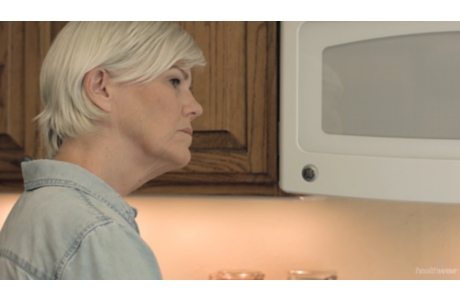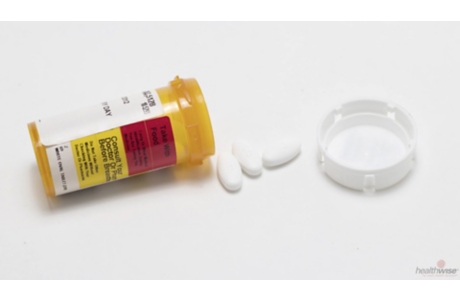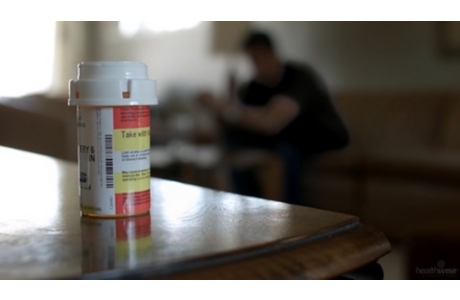Worried About Using Opioids?
Topic Overview
In the past, opioids were used only for short periods for short-term pain or for cancer pain. Many experts now also use them for longer periods to treat chronic pain. You can take these drugs, which are sometimes called narcotics or opiates, to reduce pain and increase your functioning. Examples include fentanyl, hydrocodone, morphine, and oxycodone. Heroin is an example of an illegal opioid.
Opioids are strong medicines. They can help you manage pain when you use them the right way. But if you misuse them, they can cause serious harm and even death. For these reasons, it is important to use them exactly as your doctor prescribes.
There is a risk for developing opioid use disorder. Moderate to severe opioid use disorder is sometimes called addiction. The risk is higher if you have a history of substance use. Some people have more problems with opioids, including teenagers, older adults, people who have depression, people who have sleep apnea, and those who take high doses this medicine. Your doctor will monitor you closely for signs of opioid use disorder and to figure out when you no longer need to take opioids.
Your body gets used to opioids, which may lead to tolerance and physical dependence.
- Tolerance means that, over time, you may need to take more of the drug to keep getting the same amount of pain relief. The danger is that tolerance greatly increases your risk of overdose, breathing emergencies, and death.
- Physical dependence means your body has become used to having opioids, and you could have withdrawal symptoms when you stop taking them. Symptoms include nausea, sweating, chills, diarrhea, and shaking. But you can avoid these symptoms if you slowly stop taking the medicine as your doctor tells you to.
If you’re taking opioids as part of a supervised care plan, tolerance and withdrawal may not mean that you have opioid use disorder.
What should you do if you think you may have a problem with opioids?
If you think you may have a problem with opioids, talk to your doctor.
Certain behaviors may mean that you’re having trouble with opioids. These include:
- Using larger amounts of opioids than you ever meant to. Or using more than what your doctor prescribed.
- Spending a lot of time getting or using opioids or recovering from the effects.
- Not being able to do your main jobs at work, at school, or at home.
- Not doing important activities because of your opioid use.
- Using opioids in situations where doing so is dangerous.
When you have opioid use disorder, withdrawal can be very difficult. But treatment is available to help you through that process.
Credits
Current as ofMarch 28, 2019
Author: Healthwise Staff
Medical Review: William H. Blahd Jr. MD, FACEP – Emergency Medicine
Adam Husney MD – Family Medicine
Kathleen Romito MD – Family Medicine
Martin J. Gabica MD – Family Medicine
E. Gregory Thompson MD – Internal Medicine
Robert B. Keller MD – Orthopedics
Heather Quinn MD – Family Medicine
Current as of: March 28, 2019
Author: Healthwise Staff
Medical Review:William H. Blahd Jr. MD, FACEP – Emergency Medicine & Adam Husney MD – Family Medicine & Kathleen Romito MD – Family Medicine & Martin J. Gabica MD – Family Medicine & E. Gregory Thompson MD – Internal Medicine & Robert B. Keller MD – Orthopedics & Heather Quinn MD – Family Medicine





